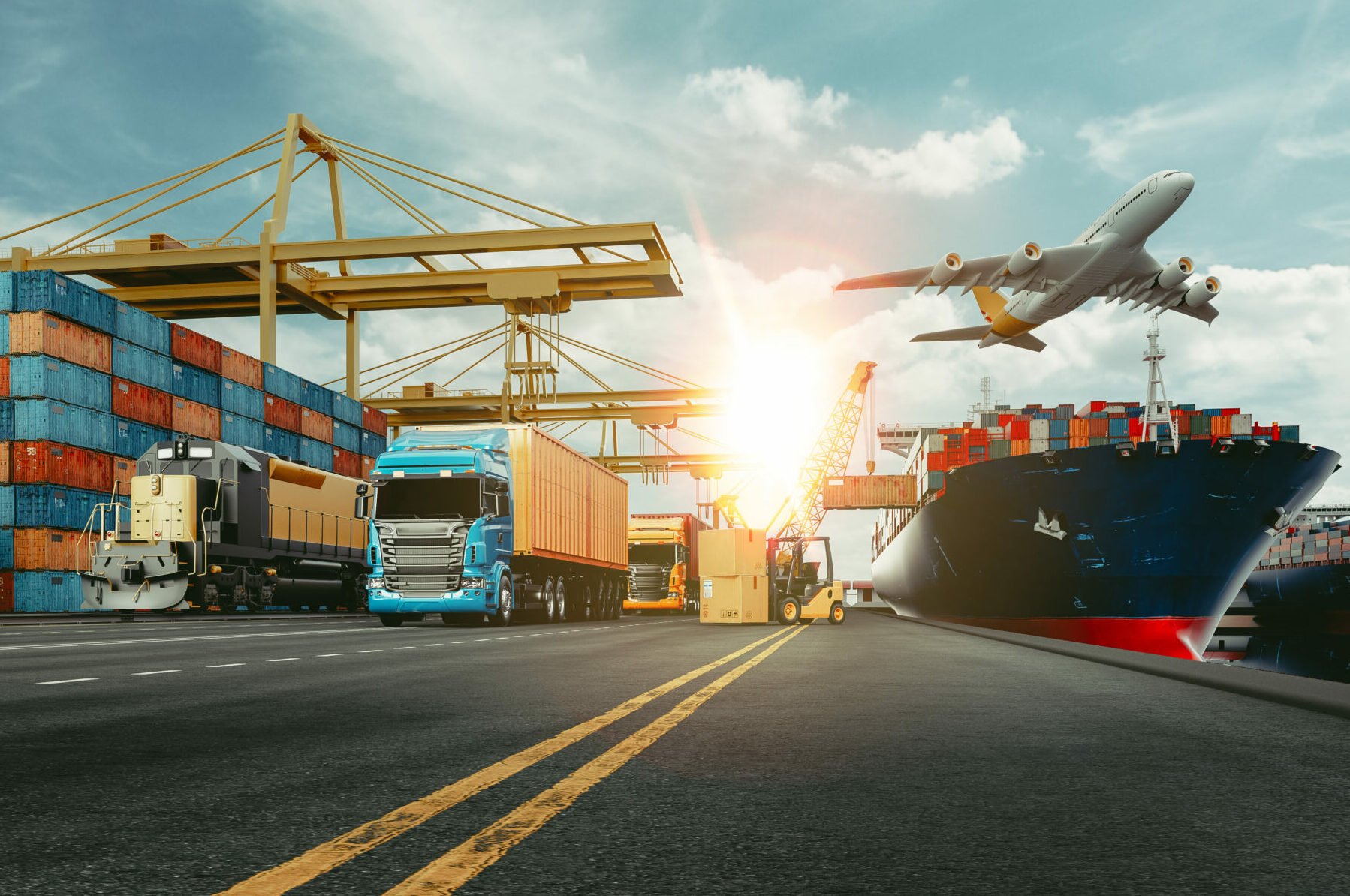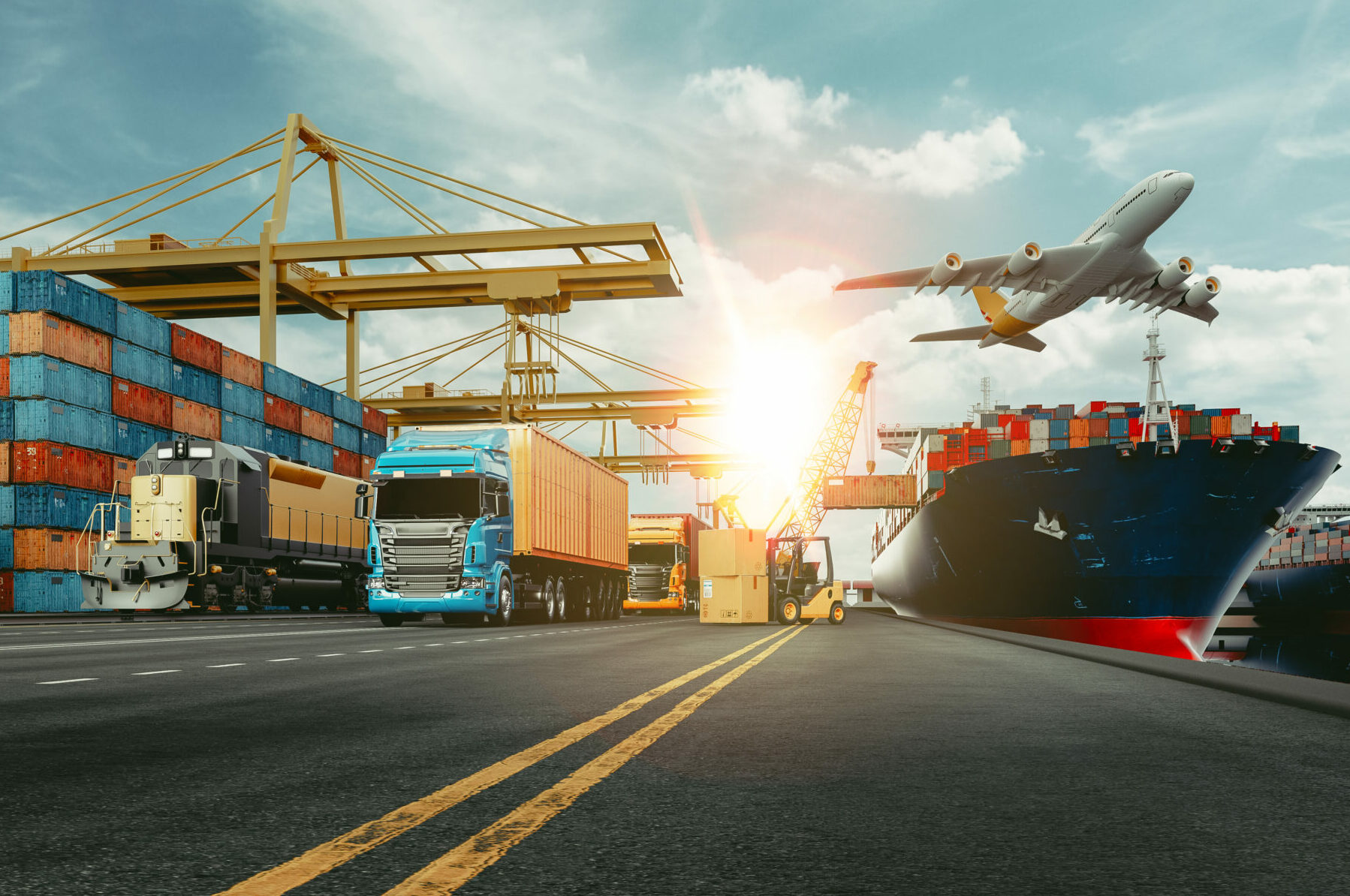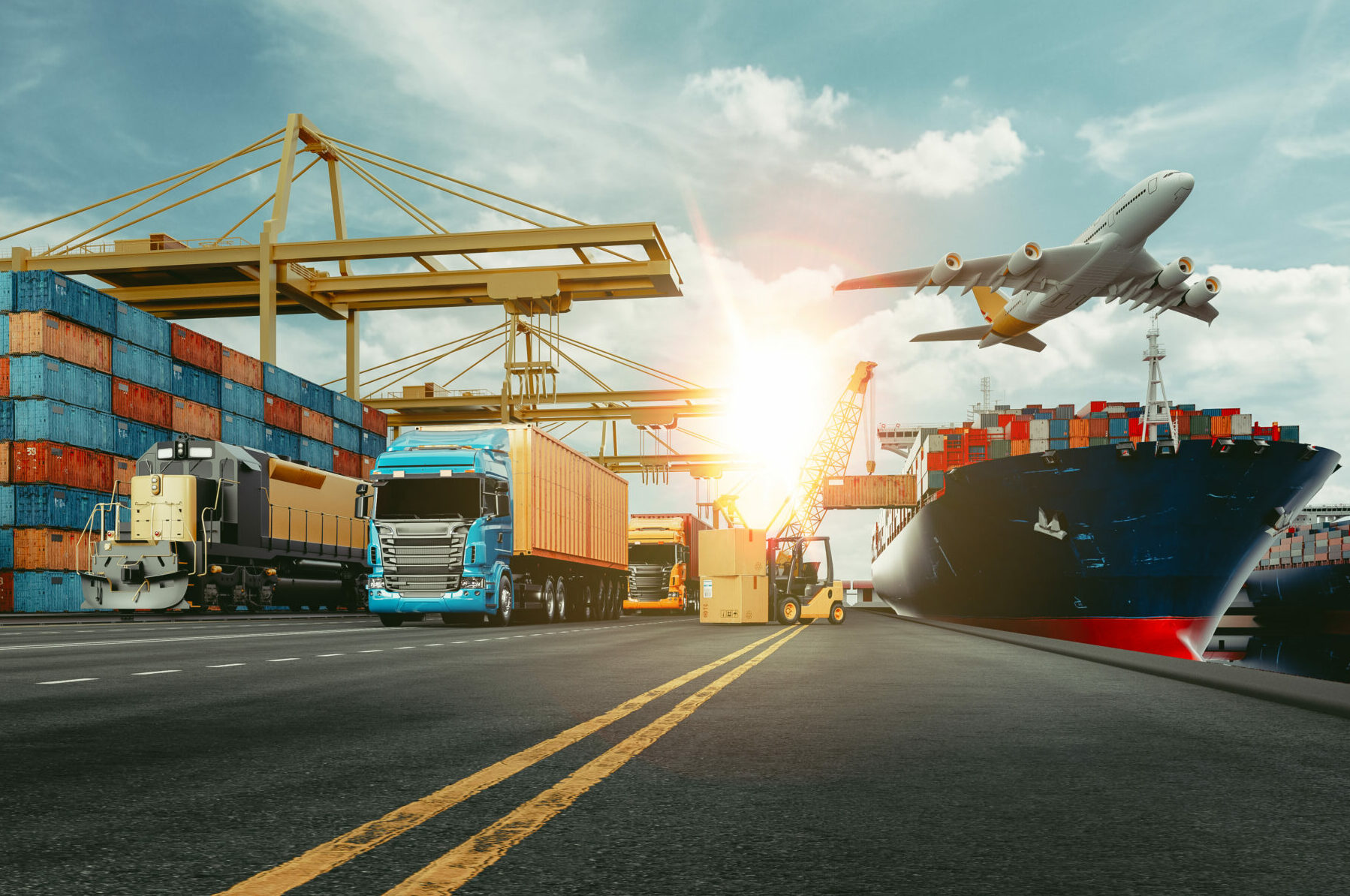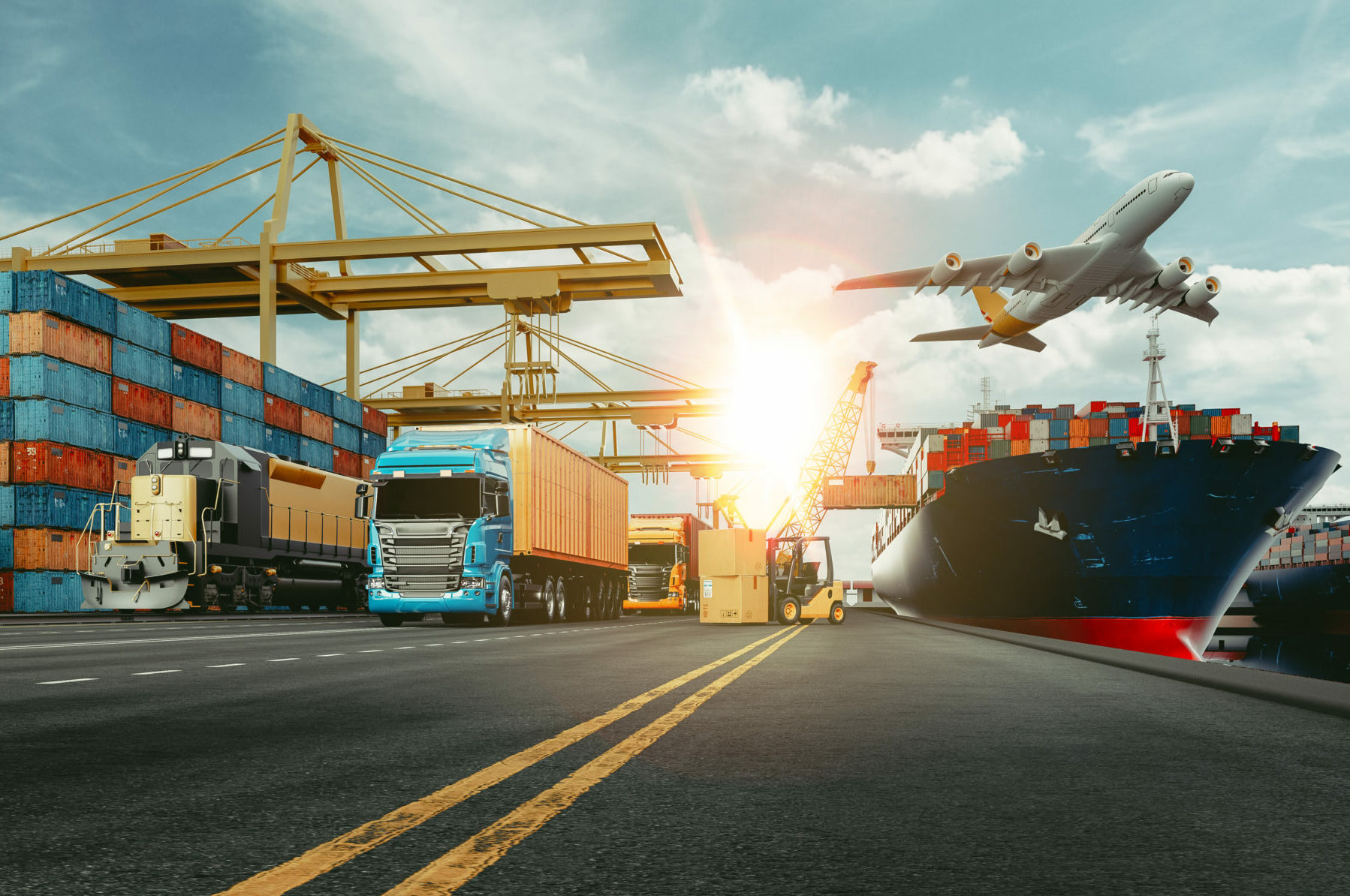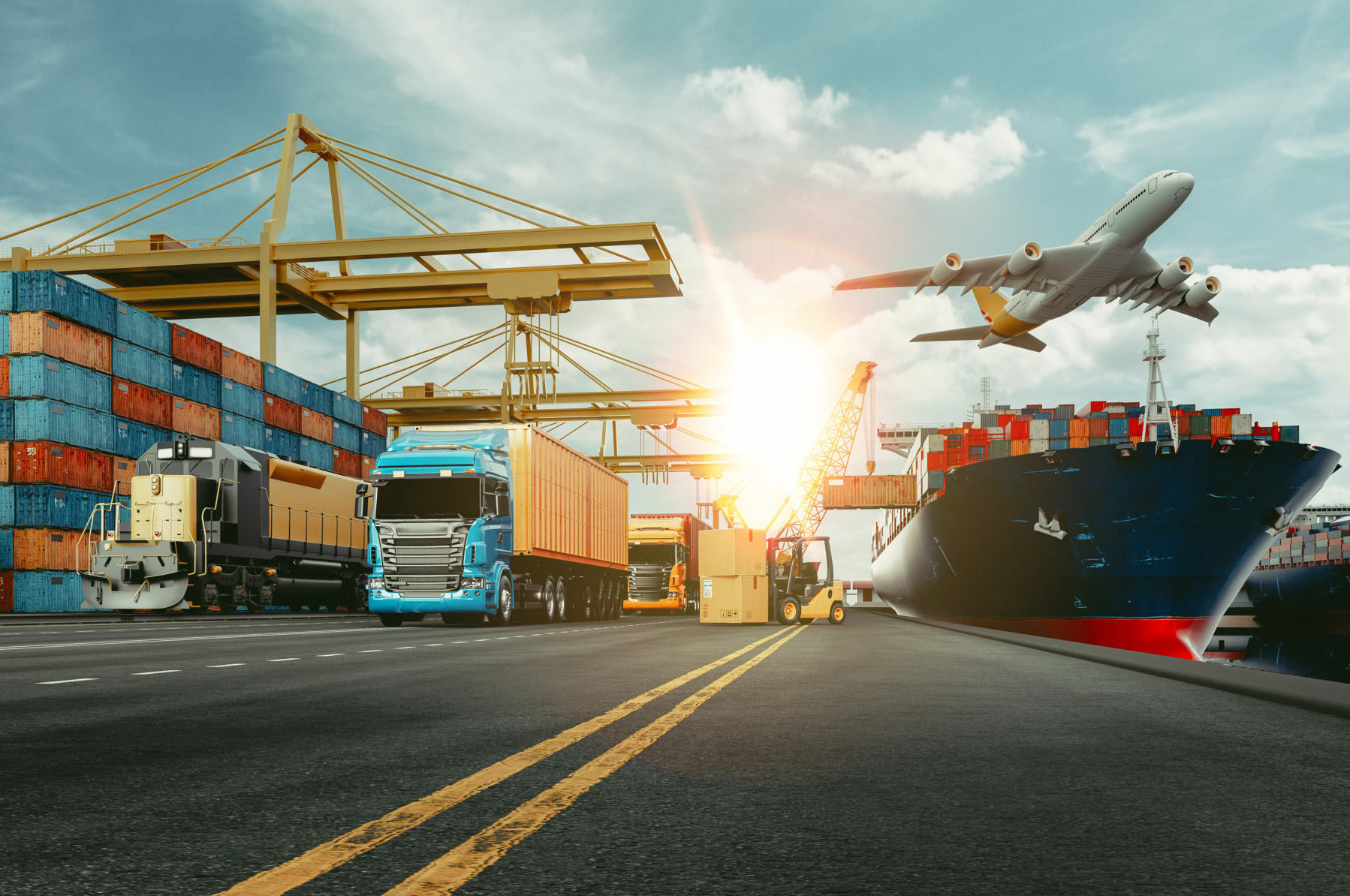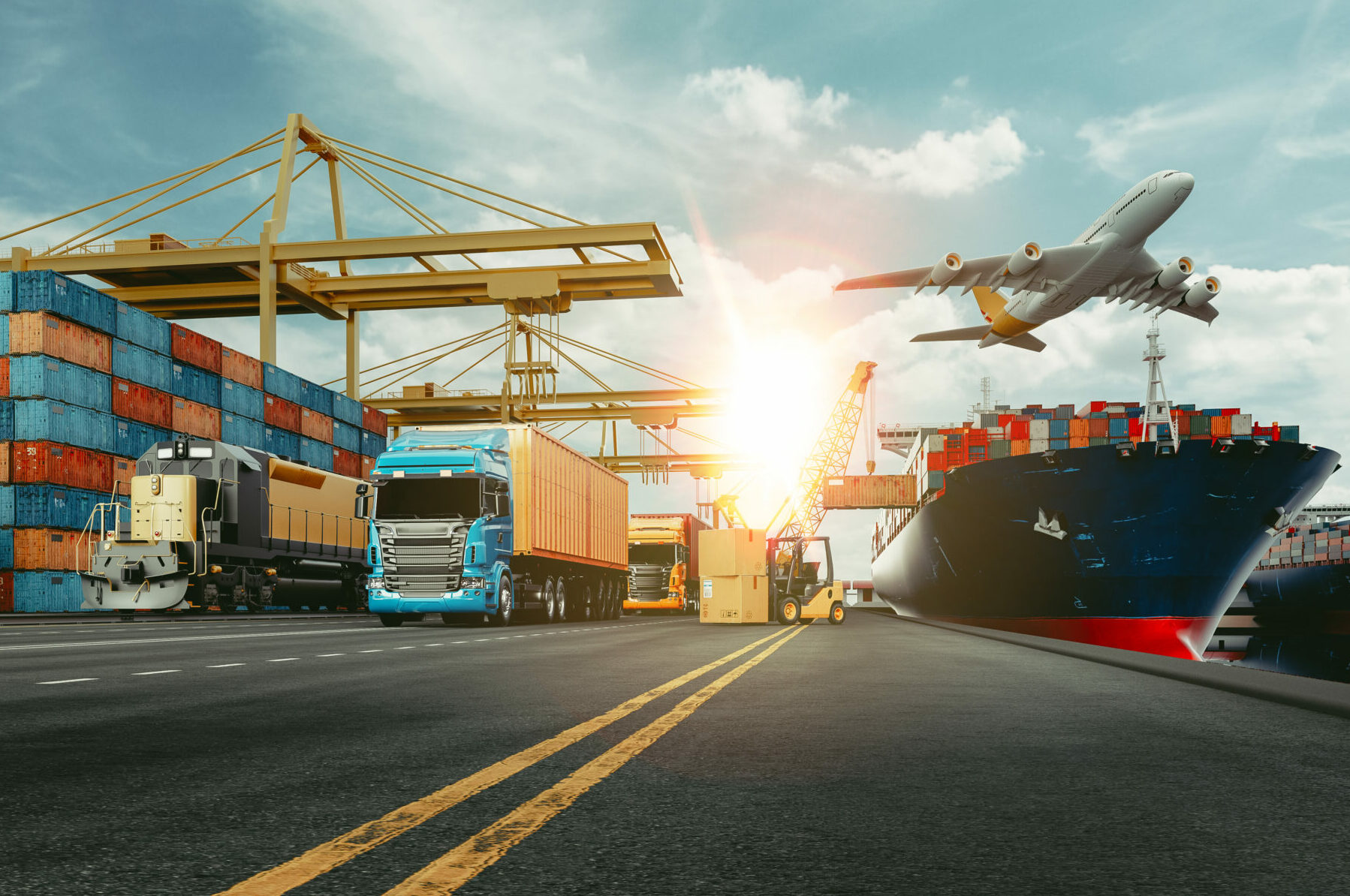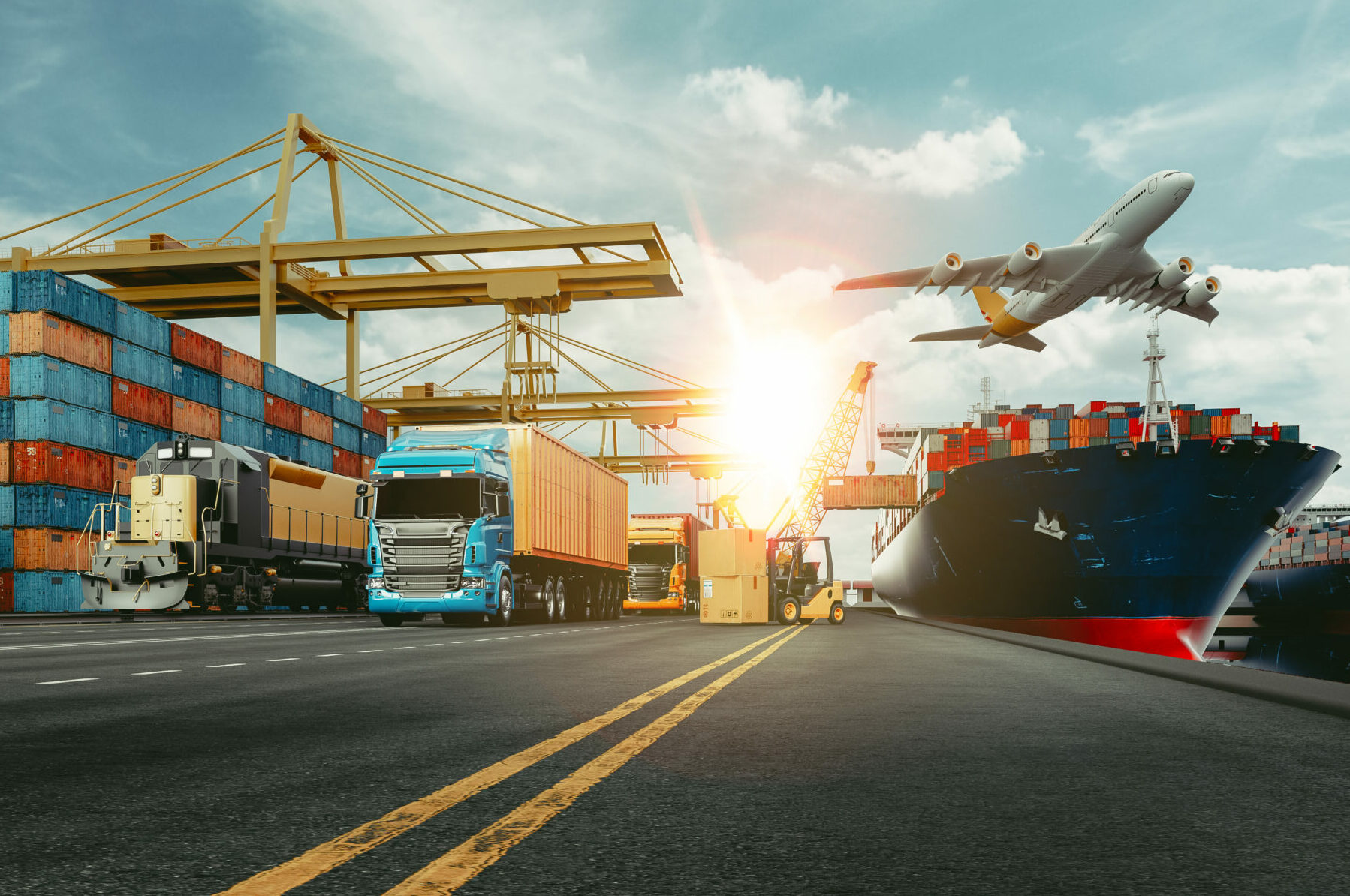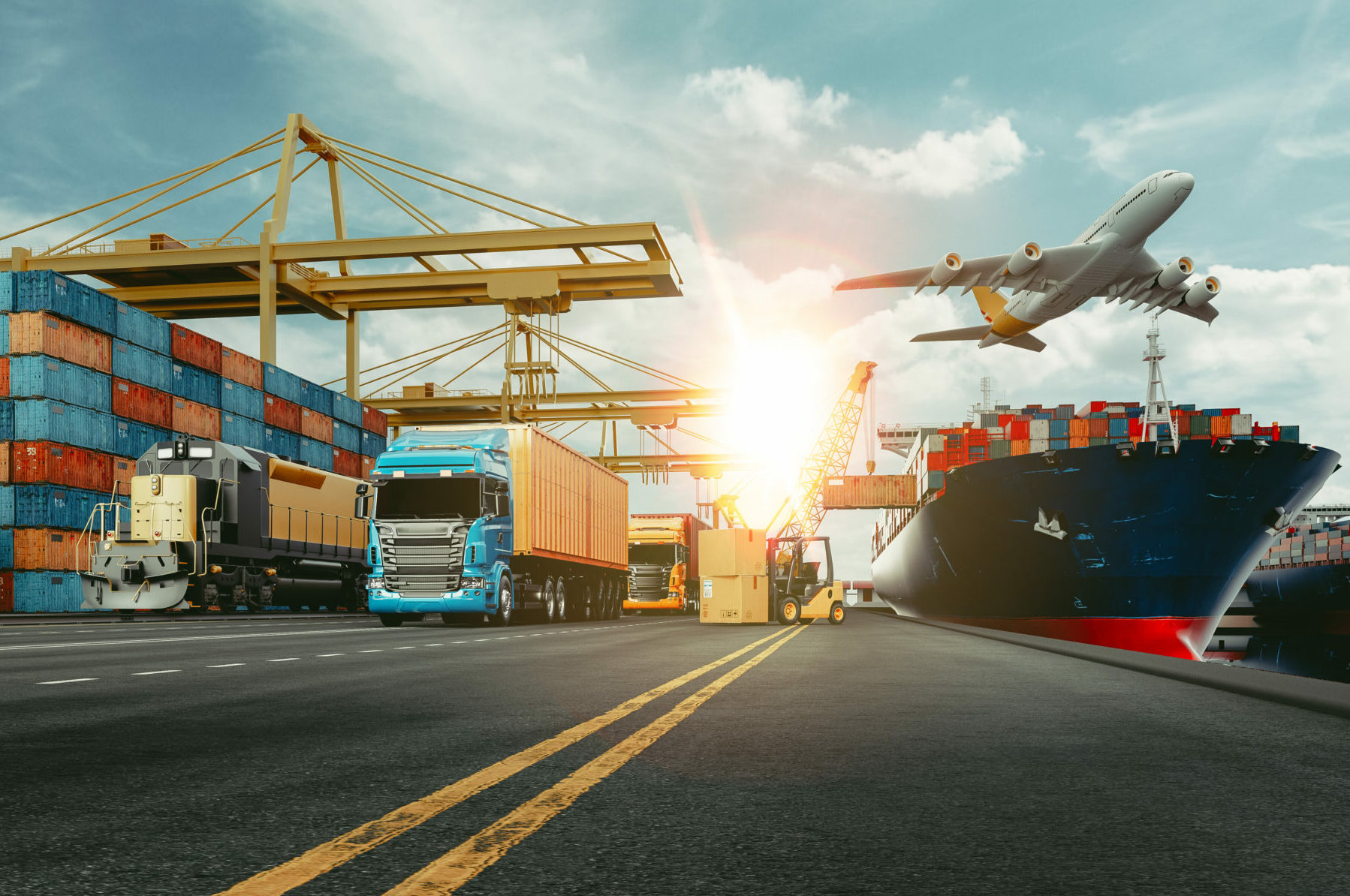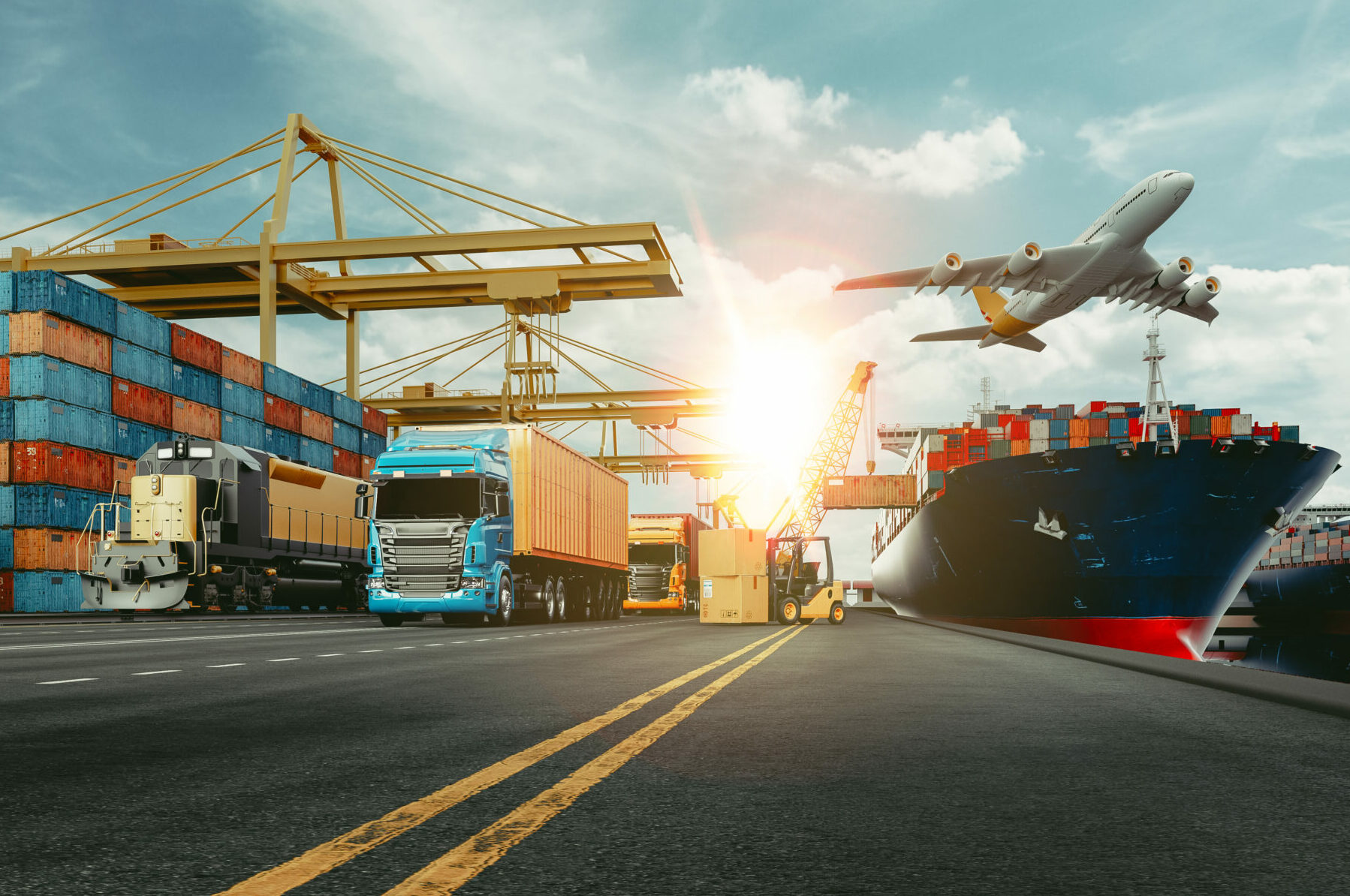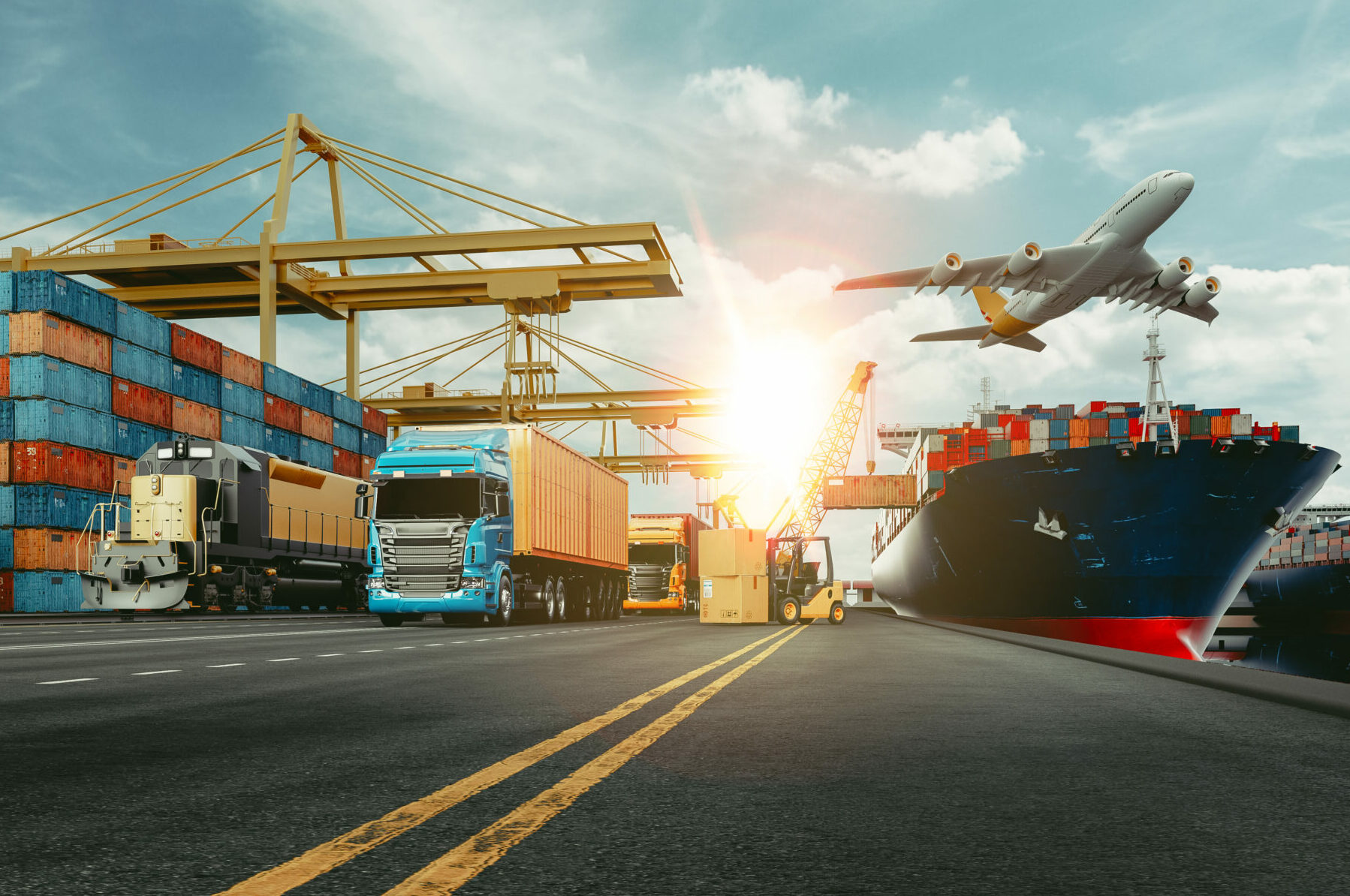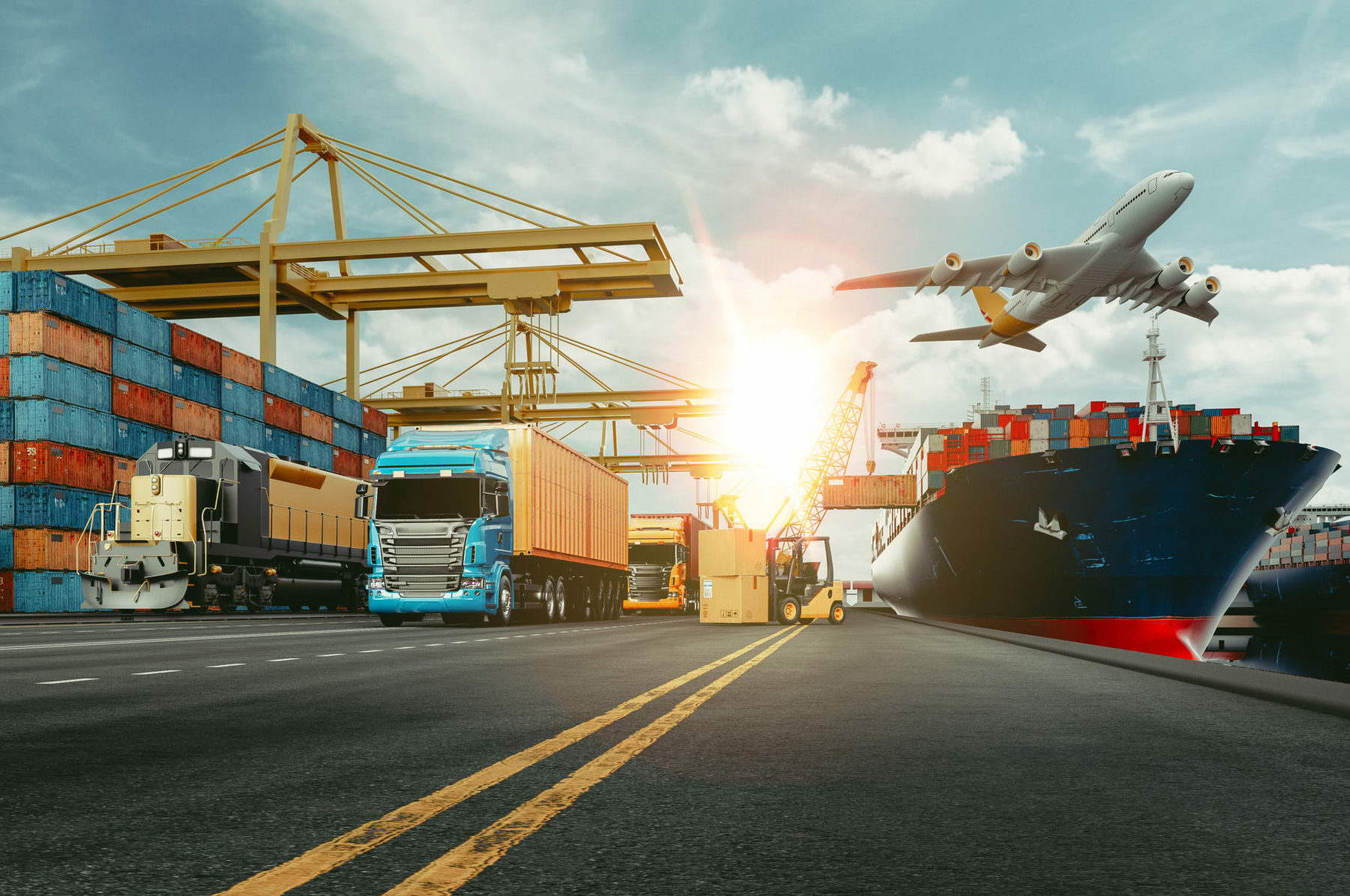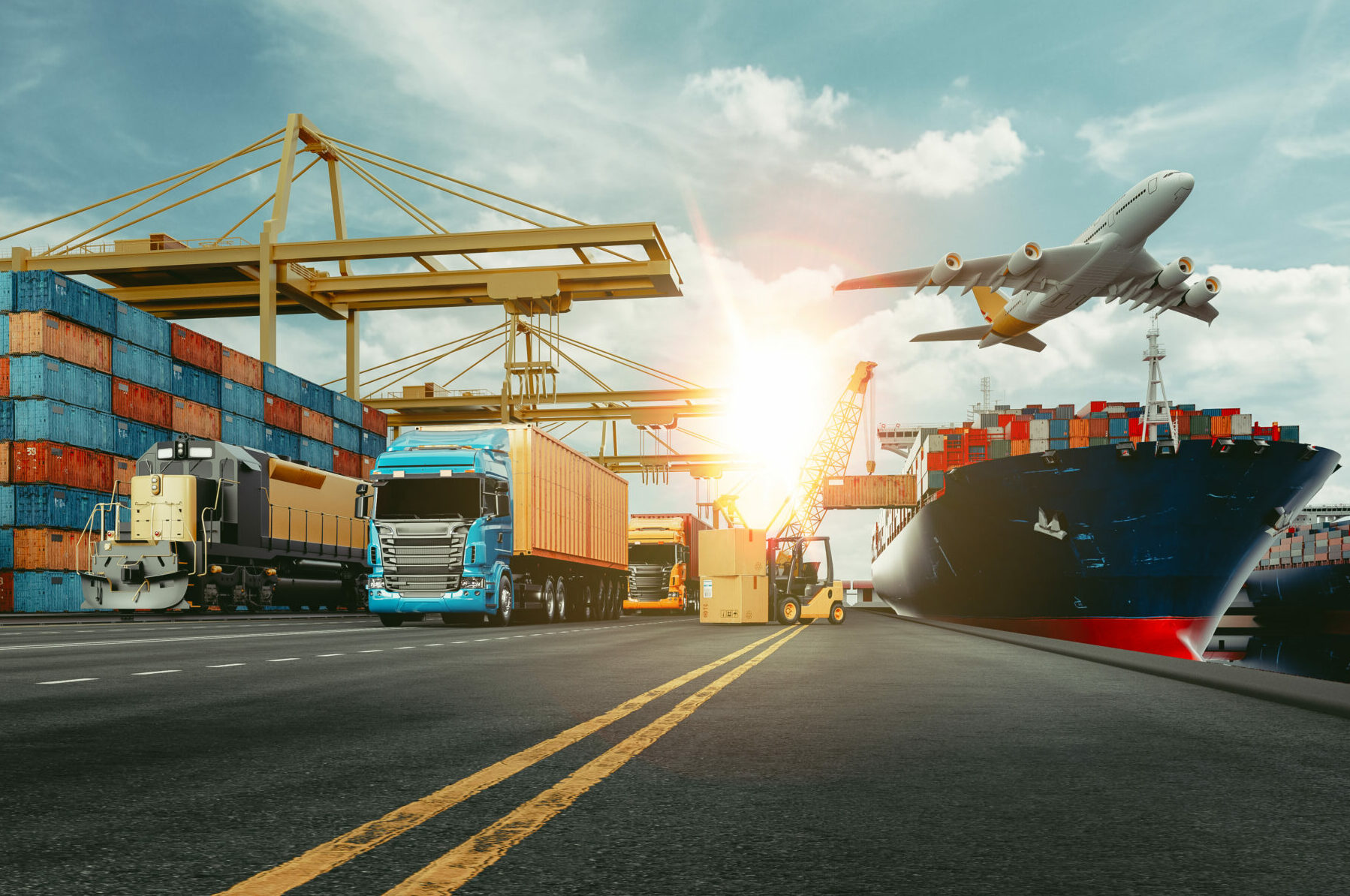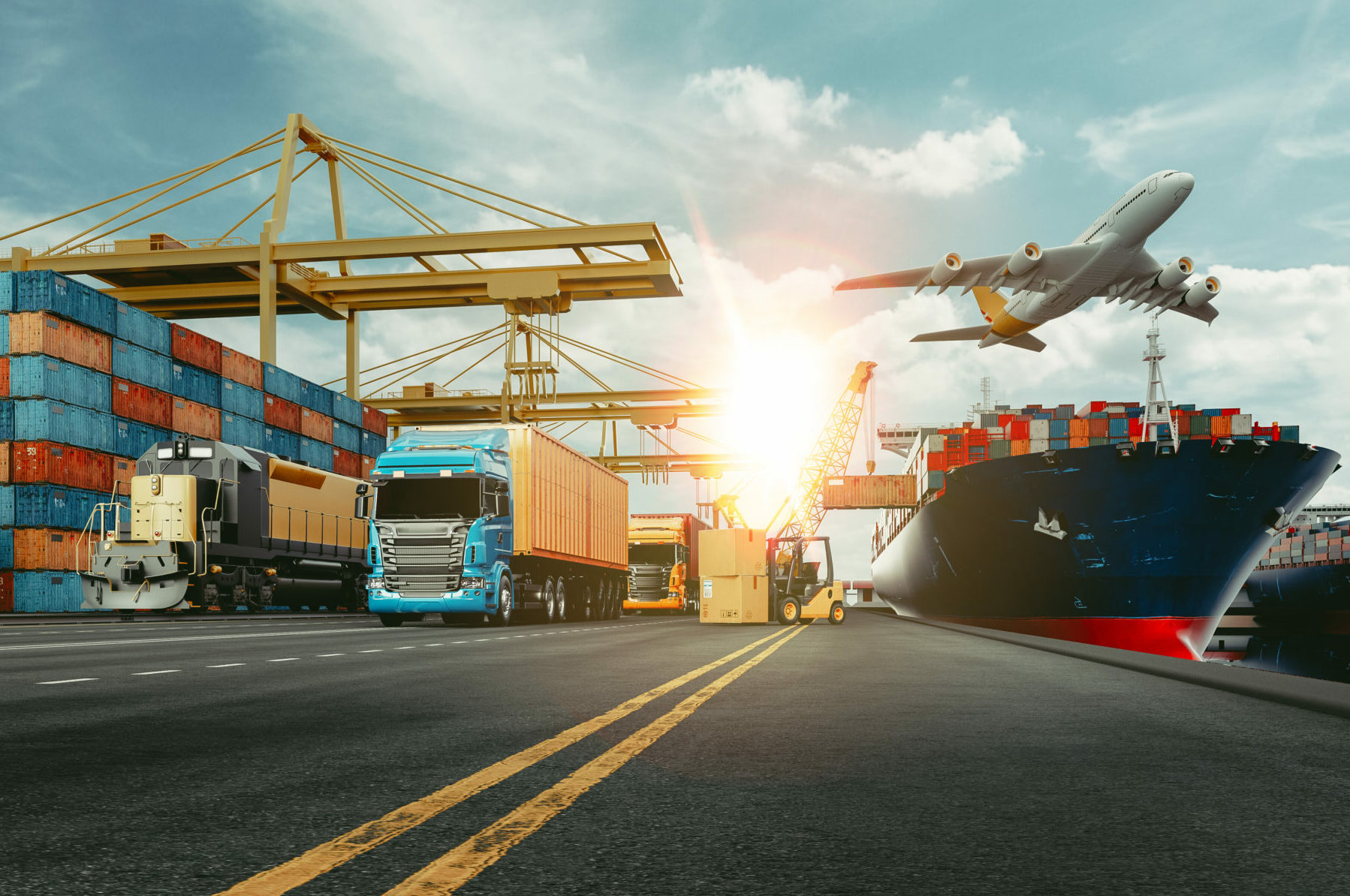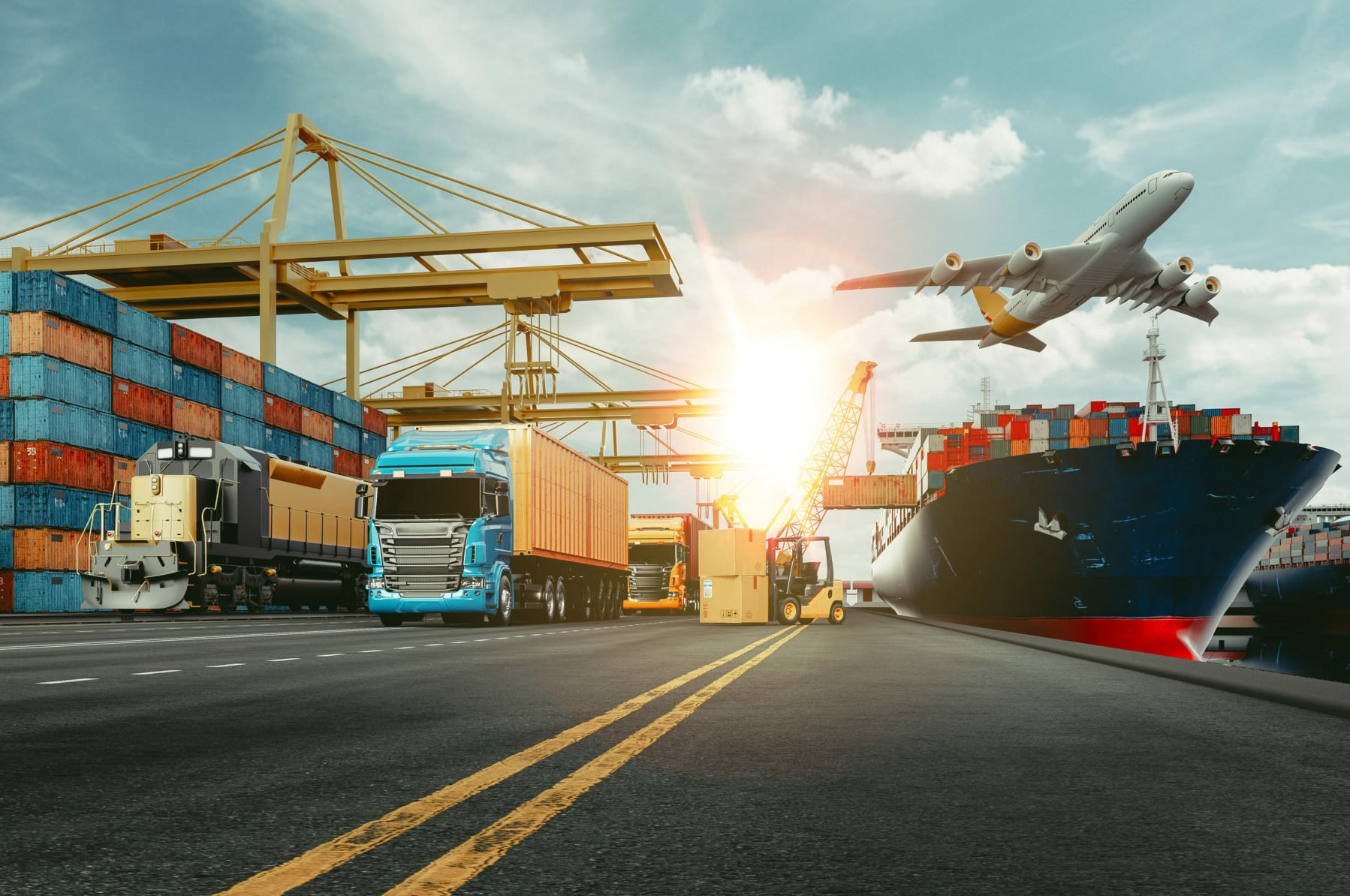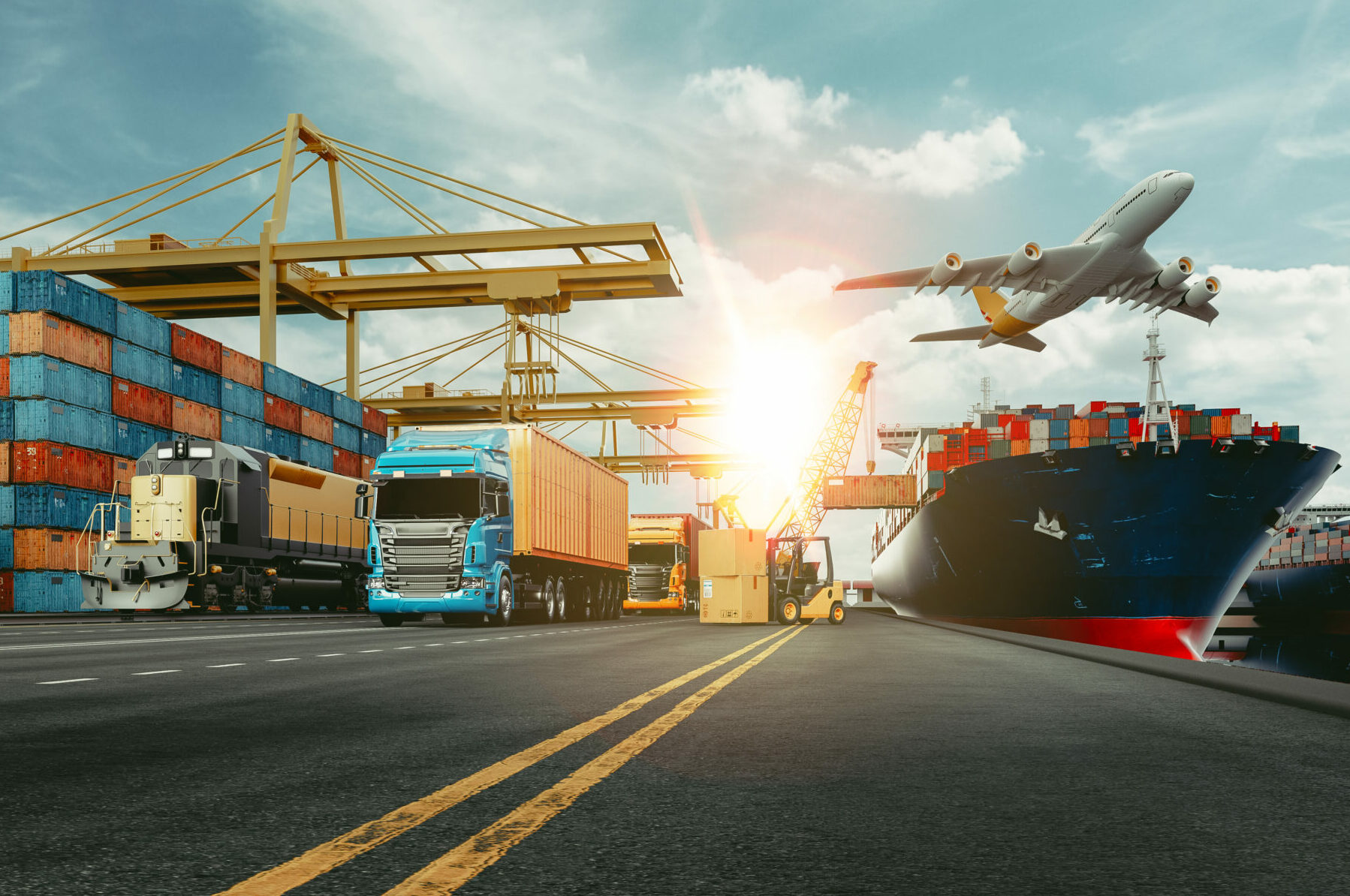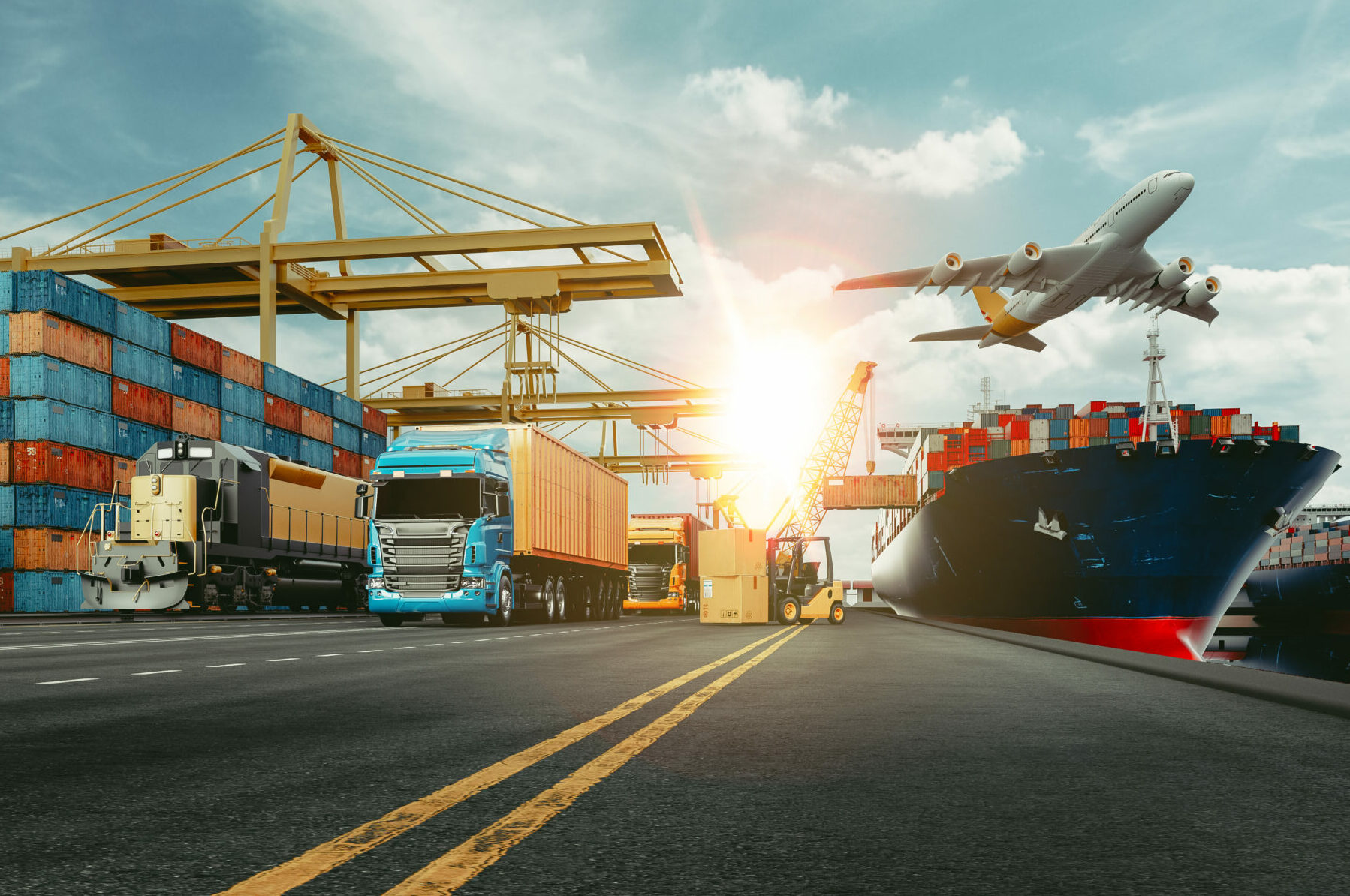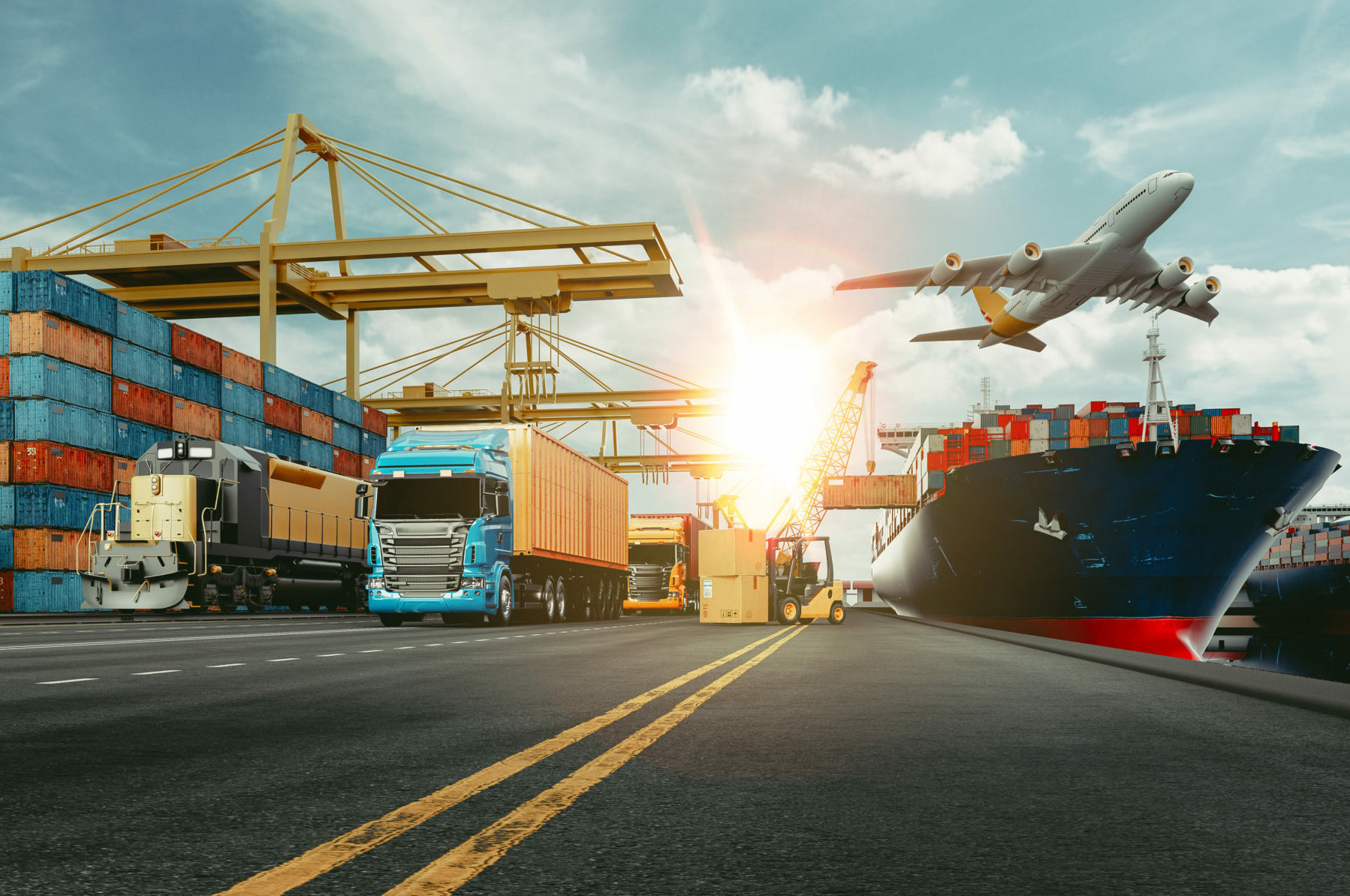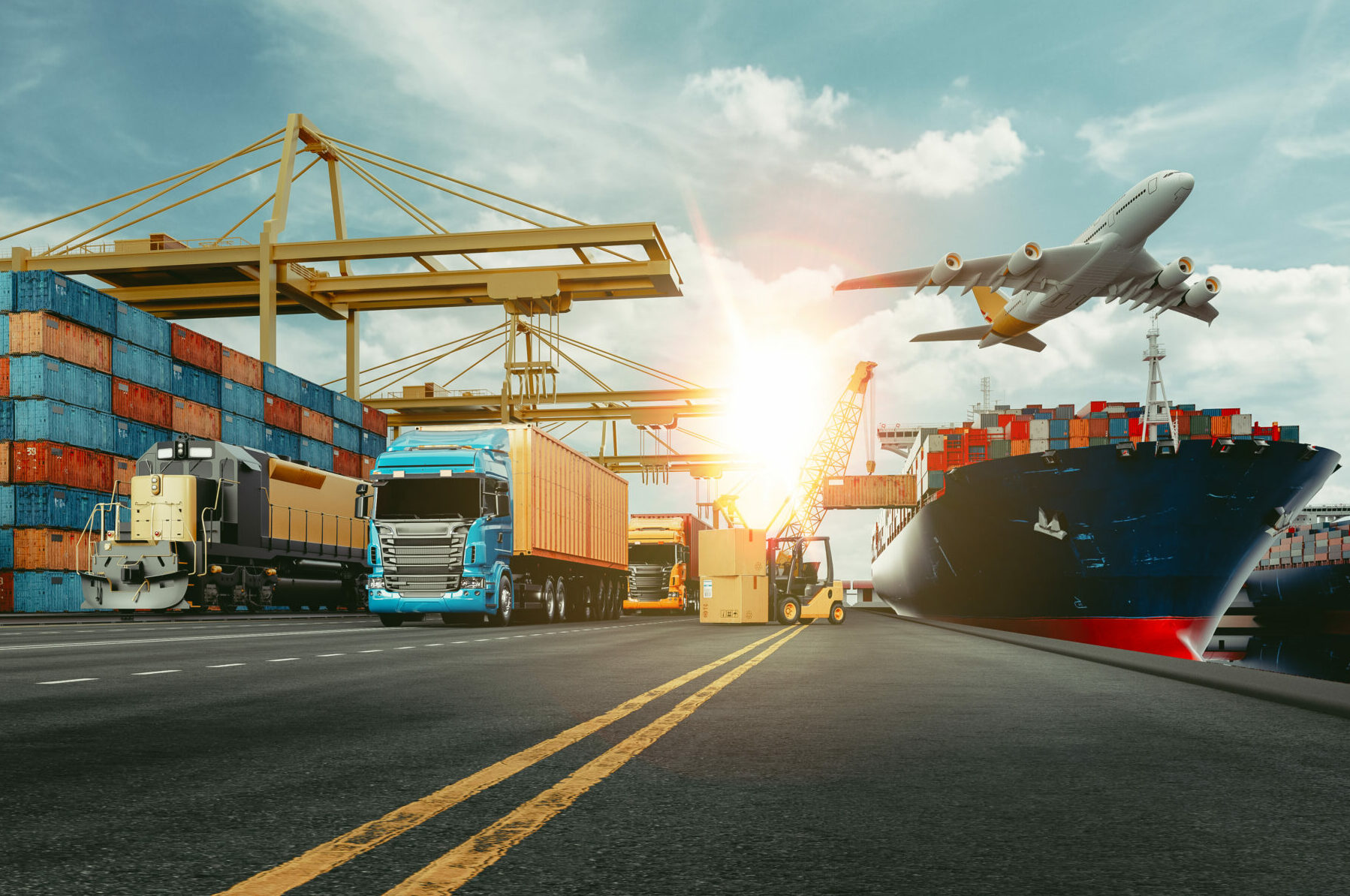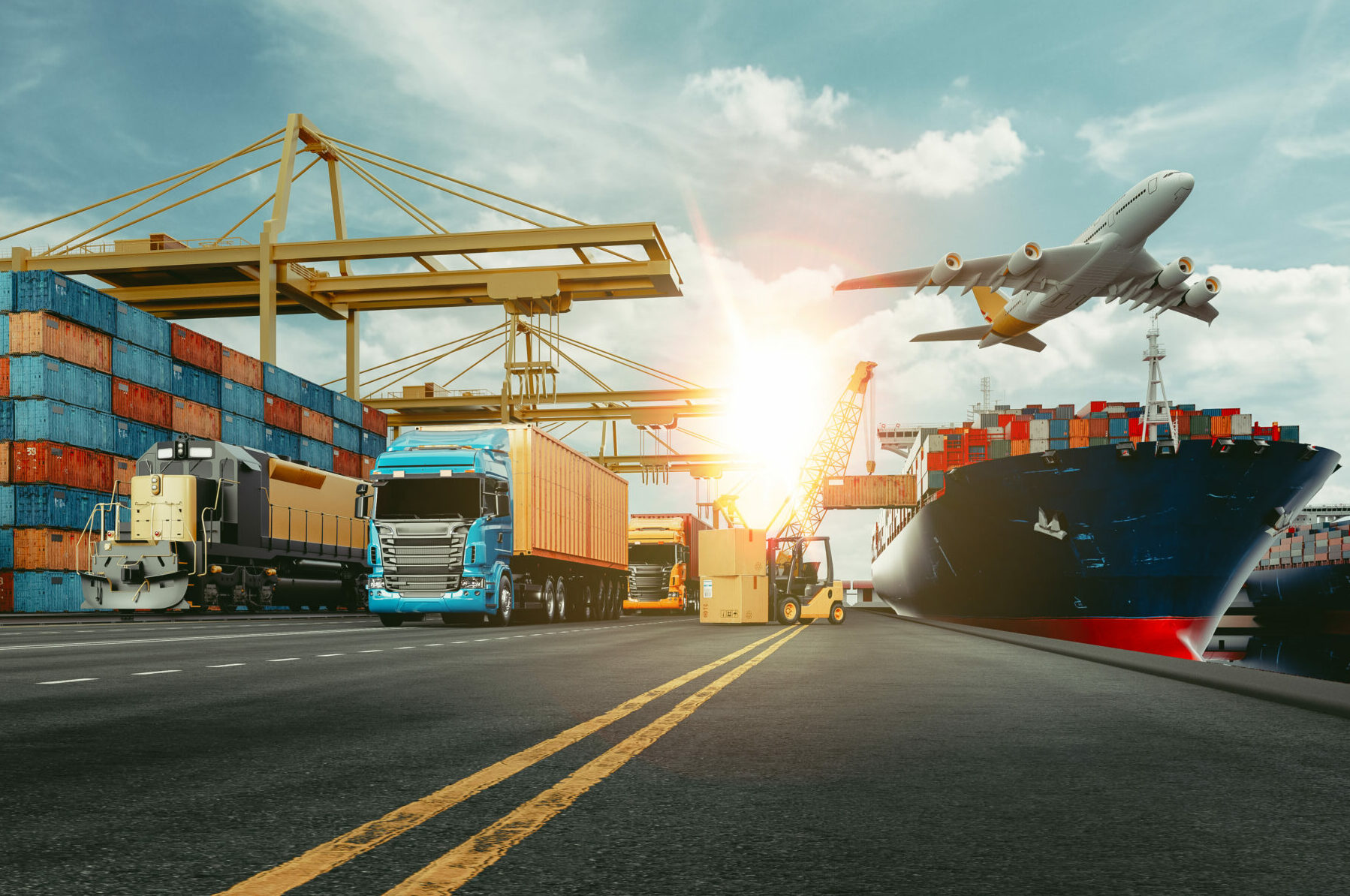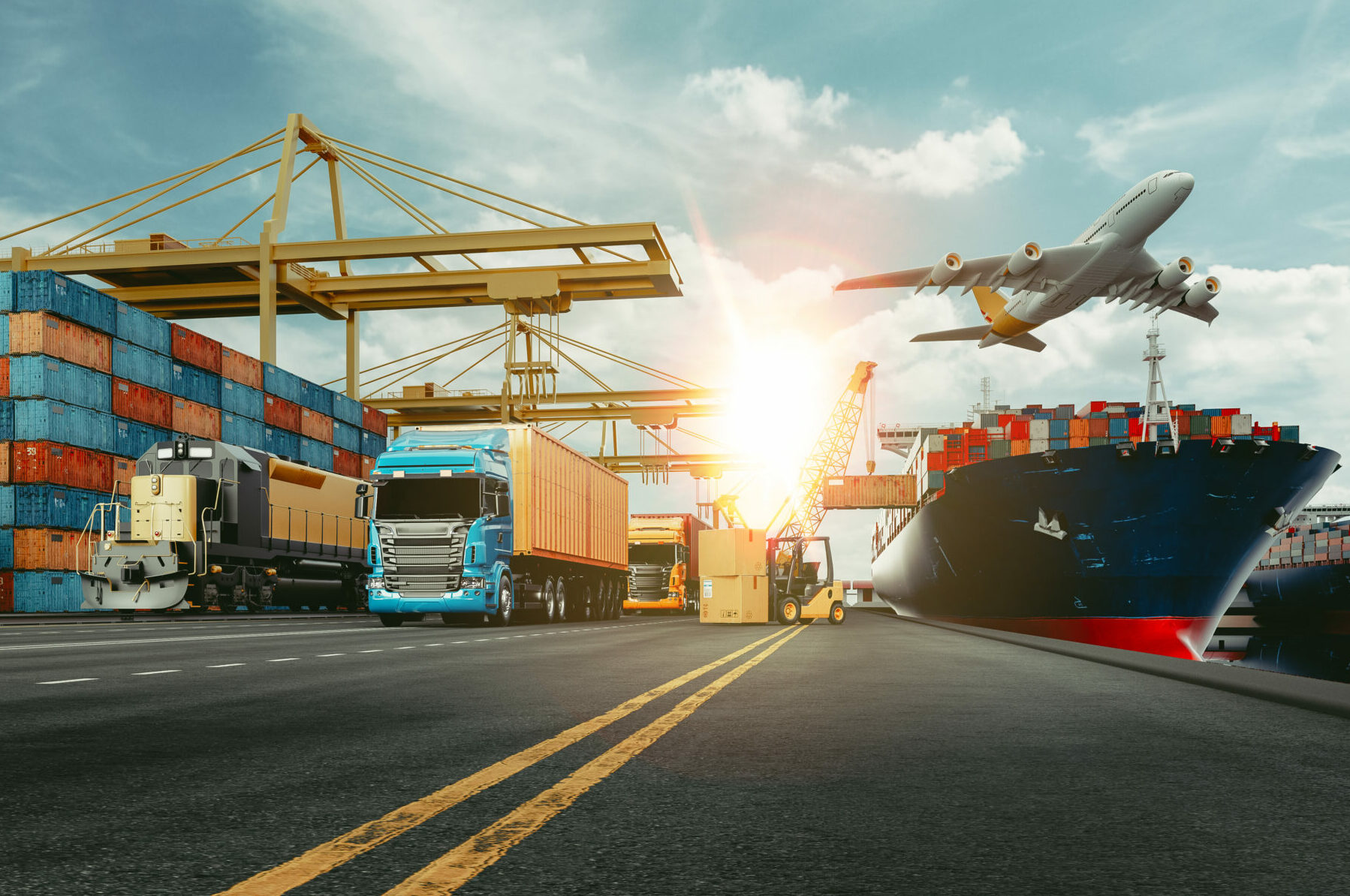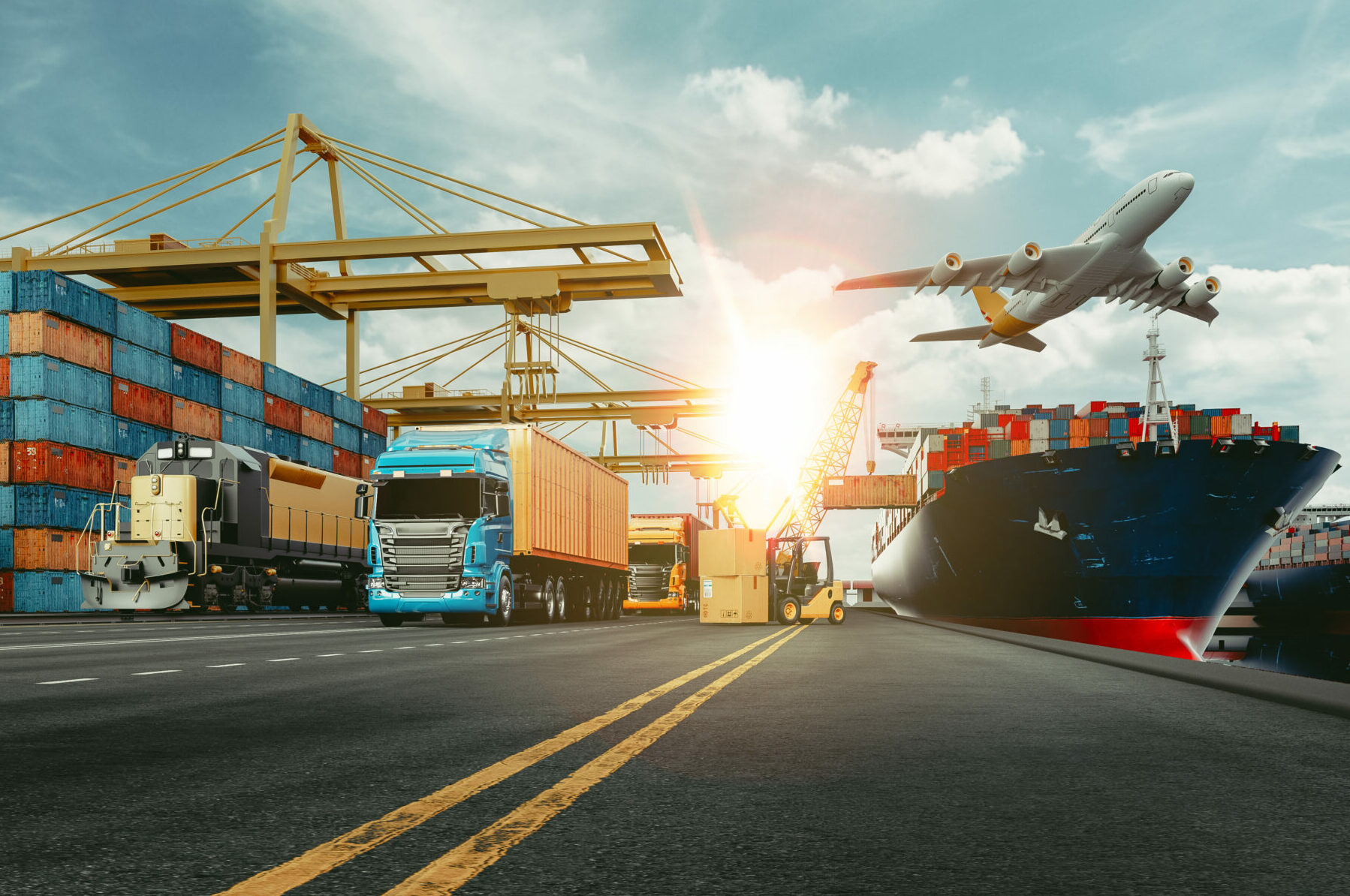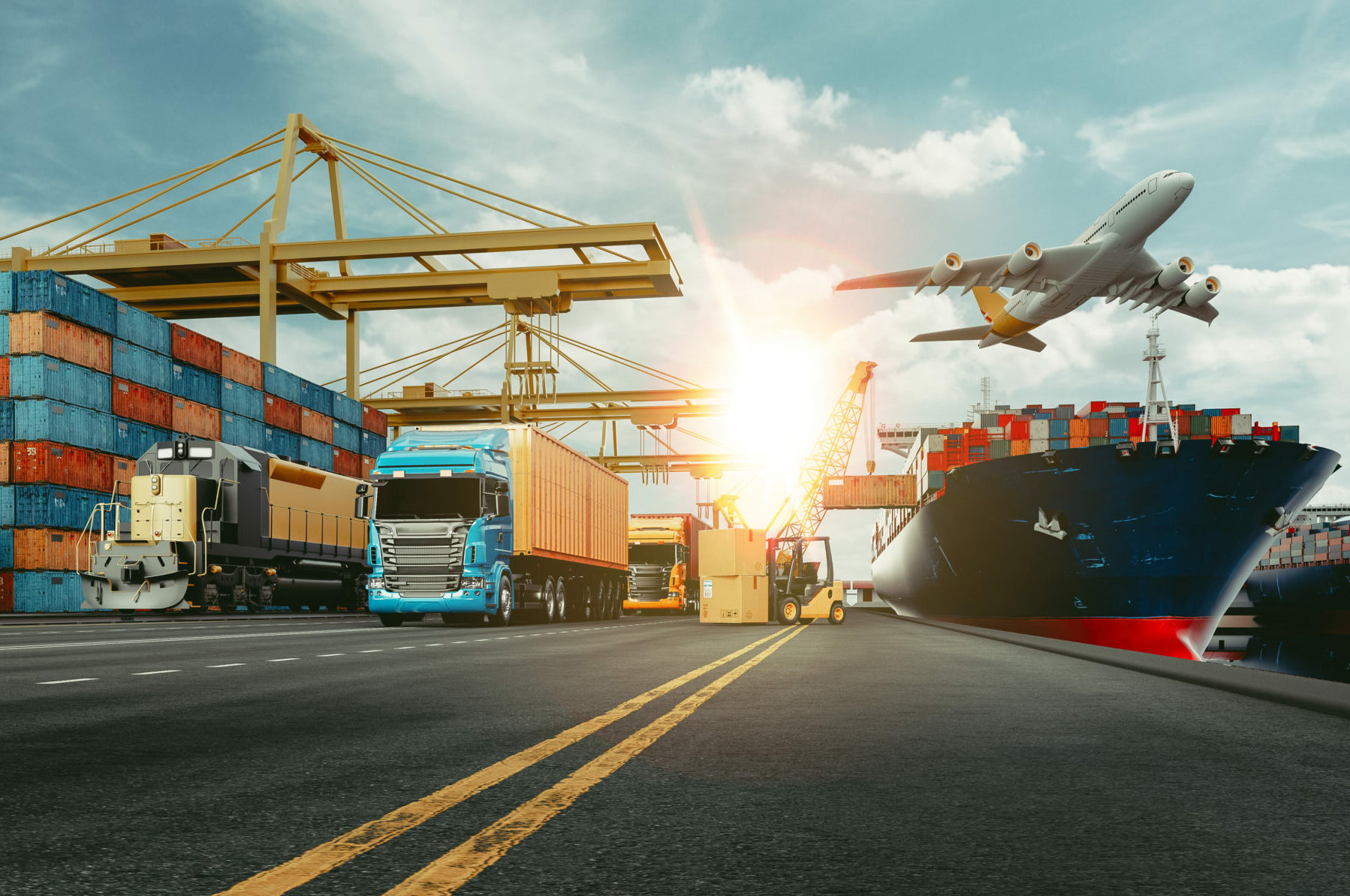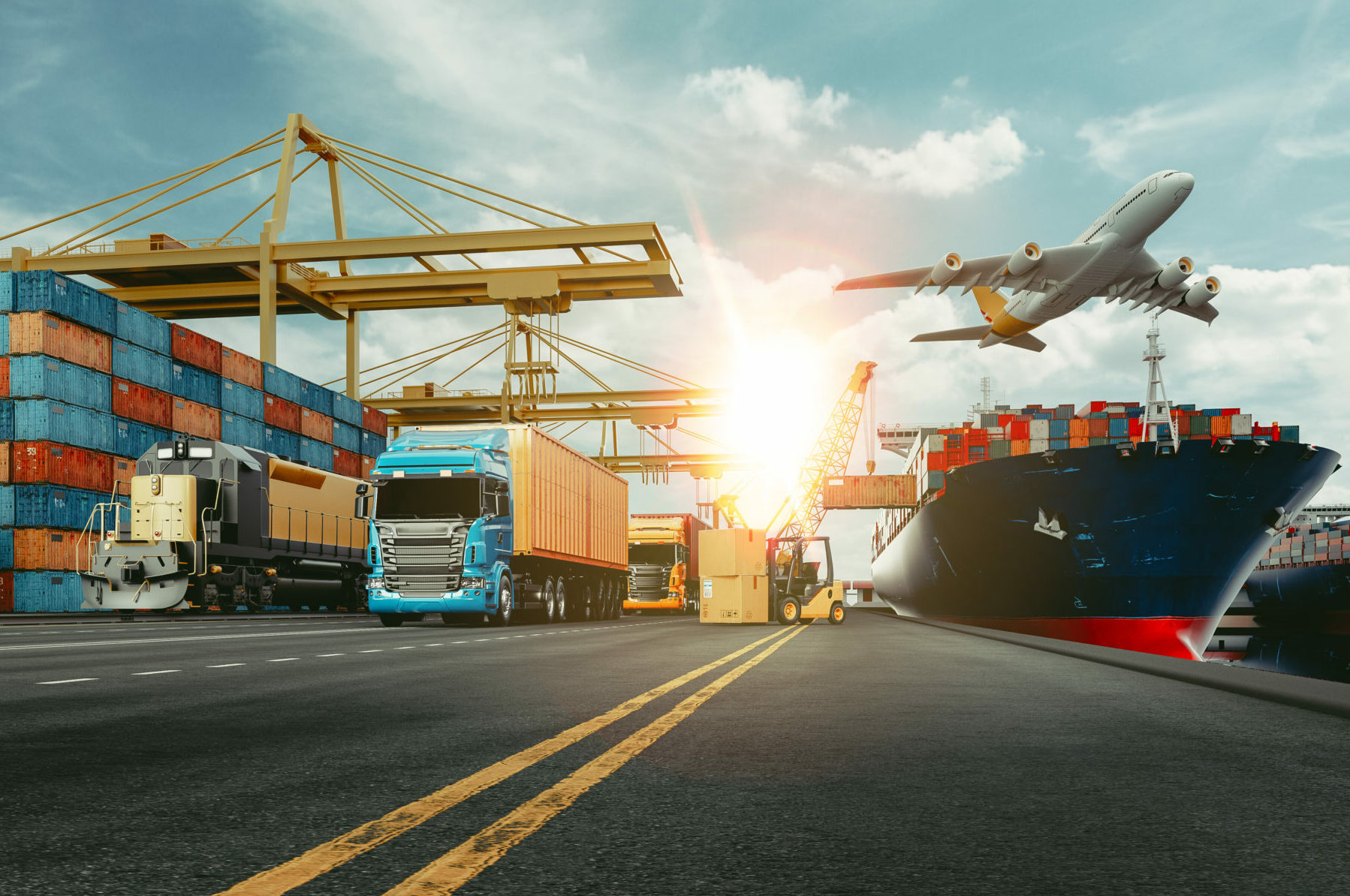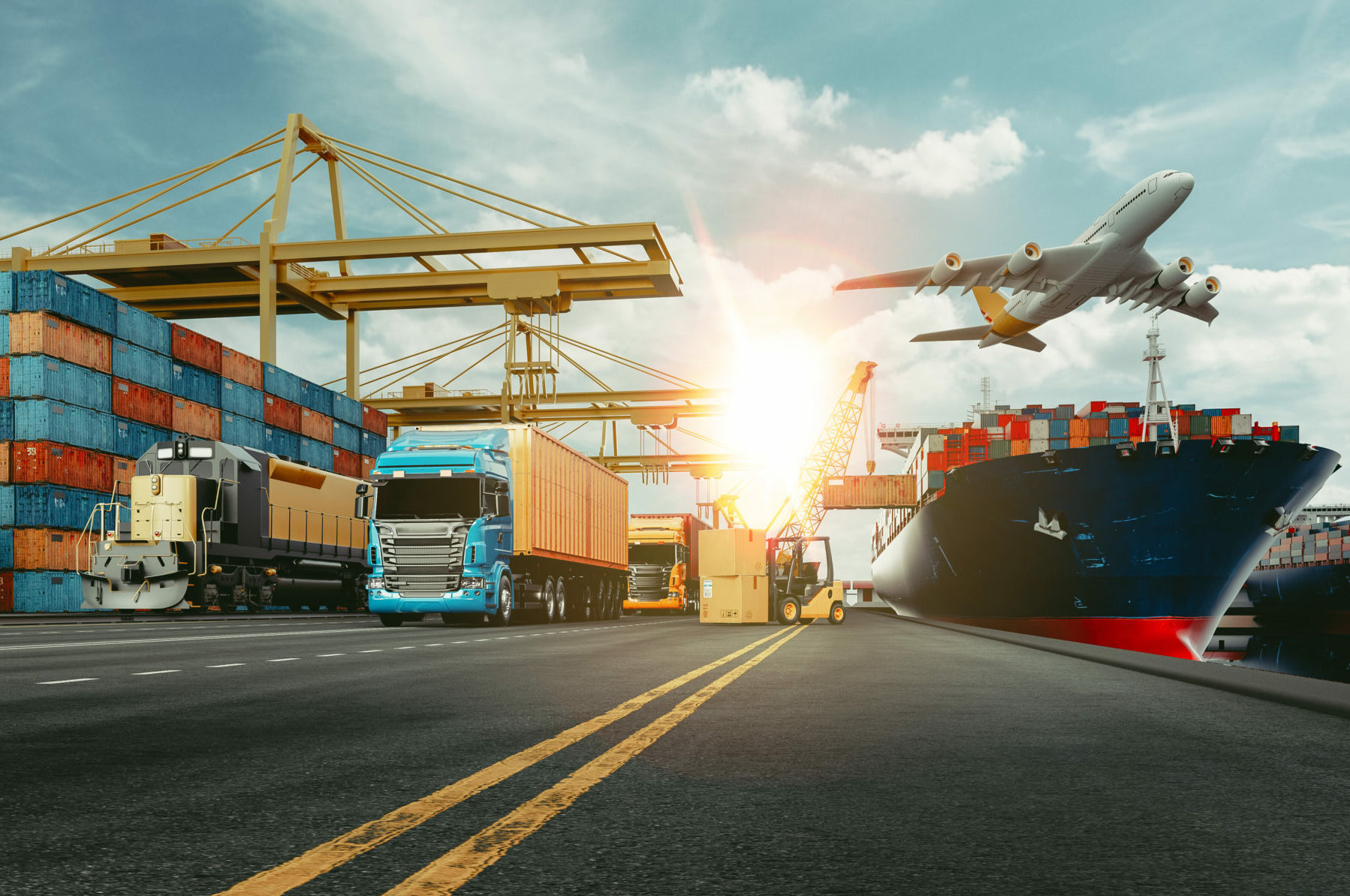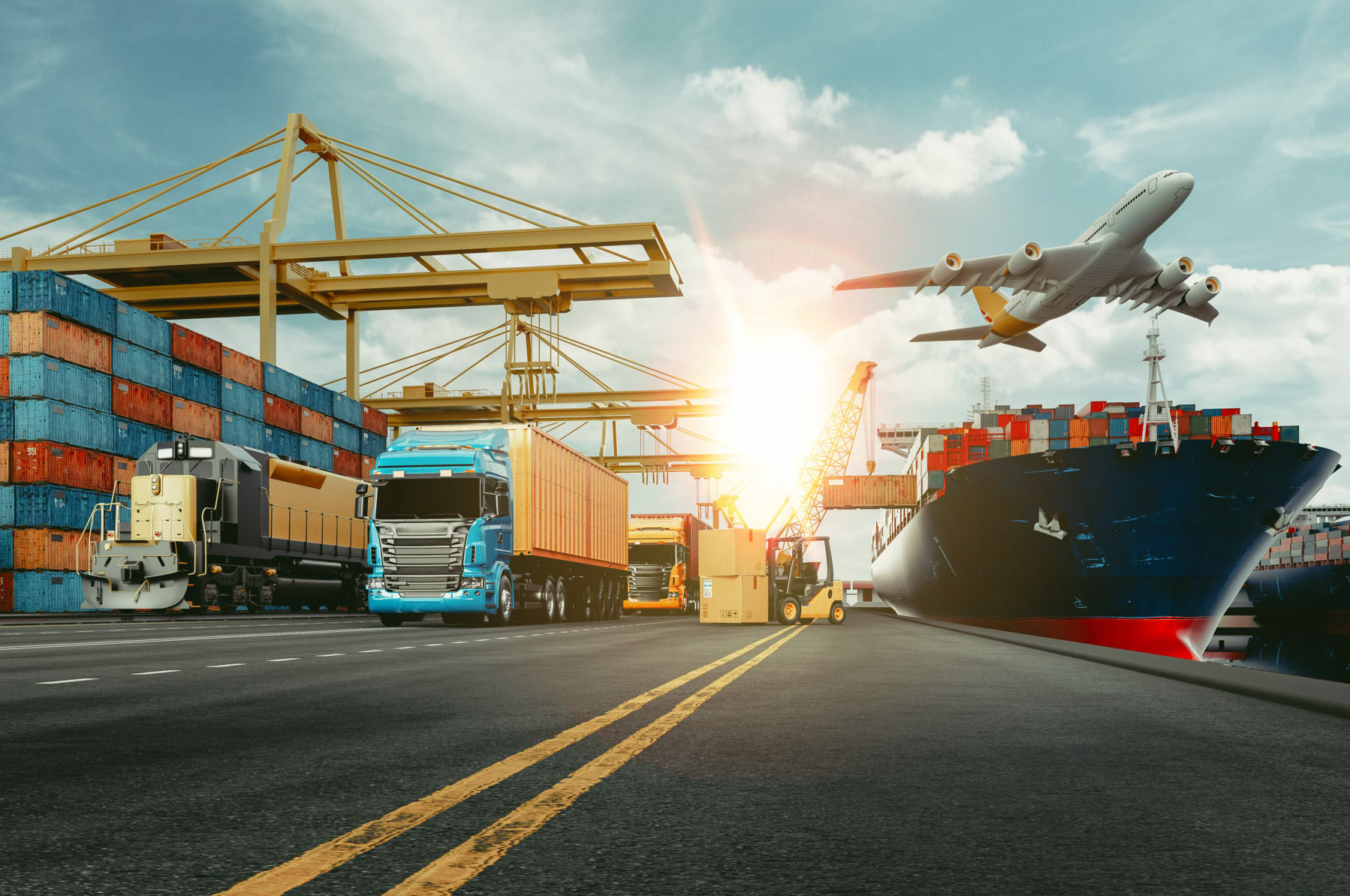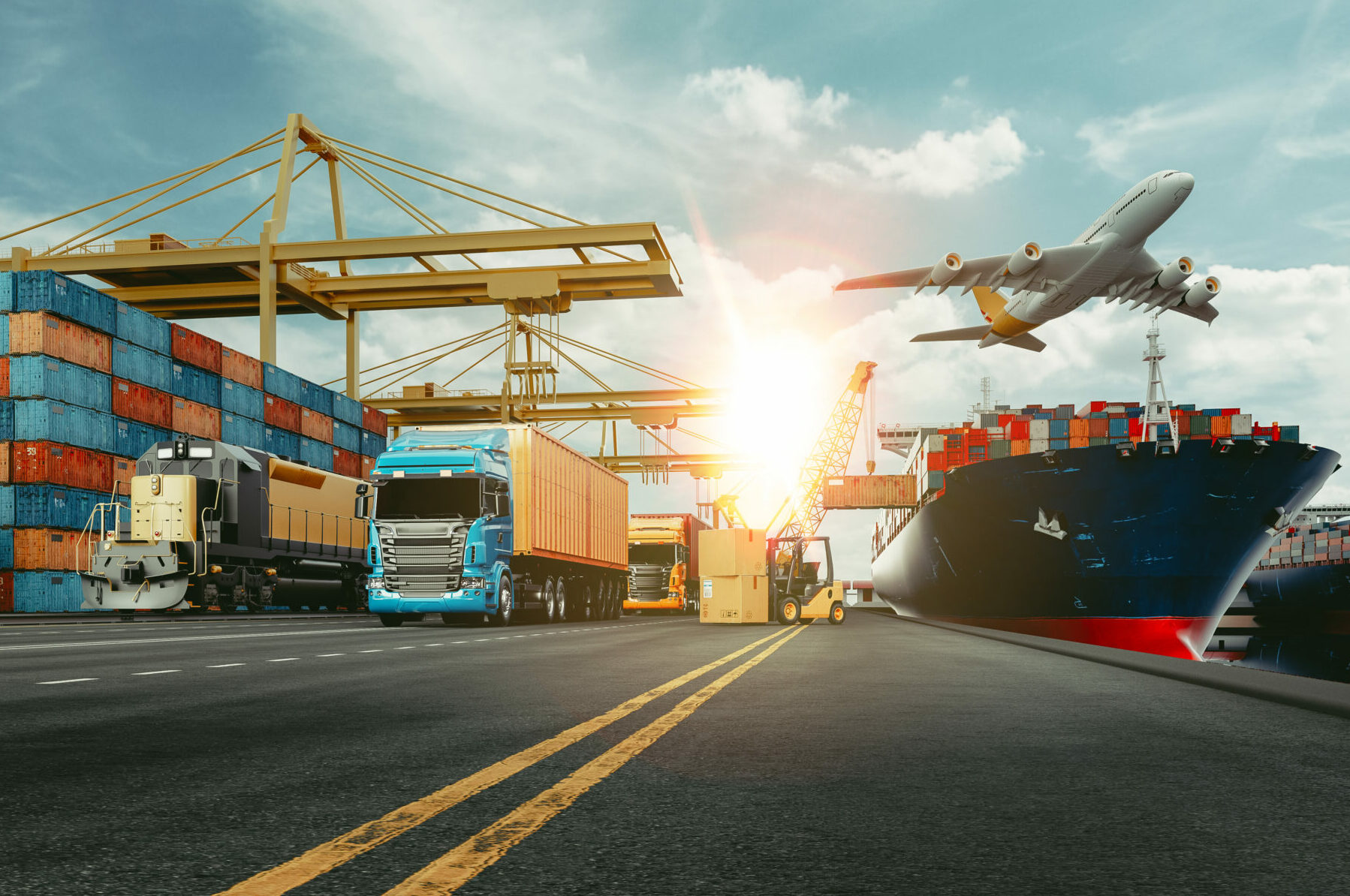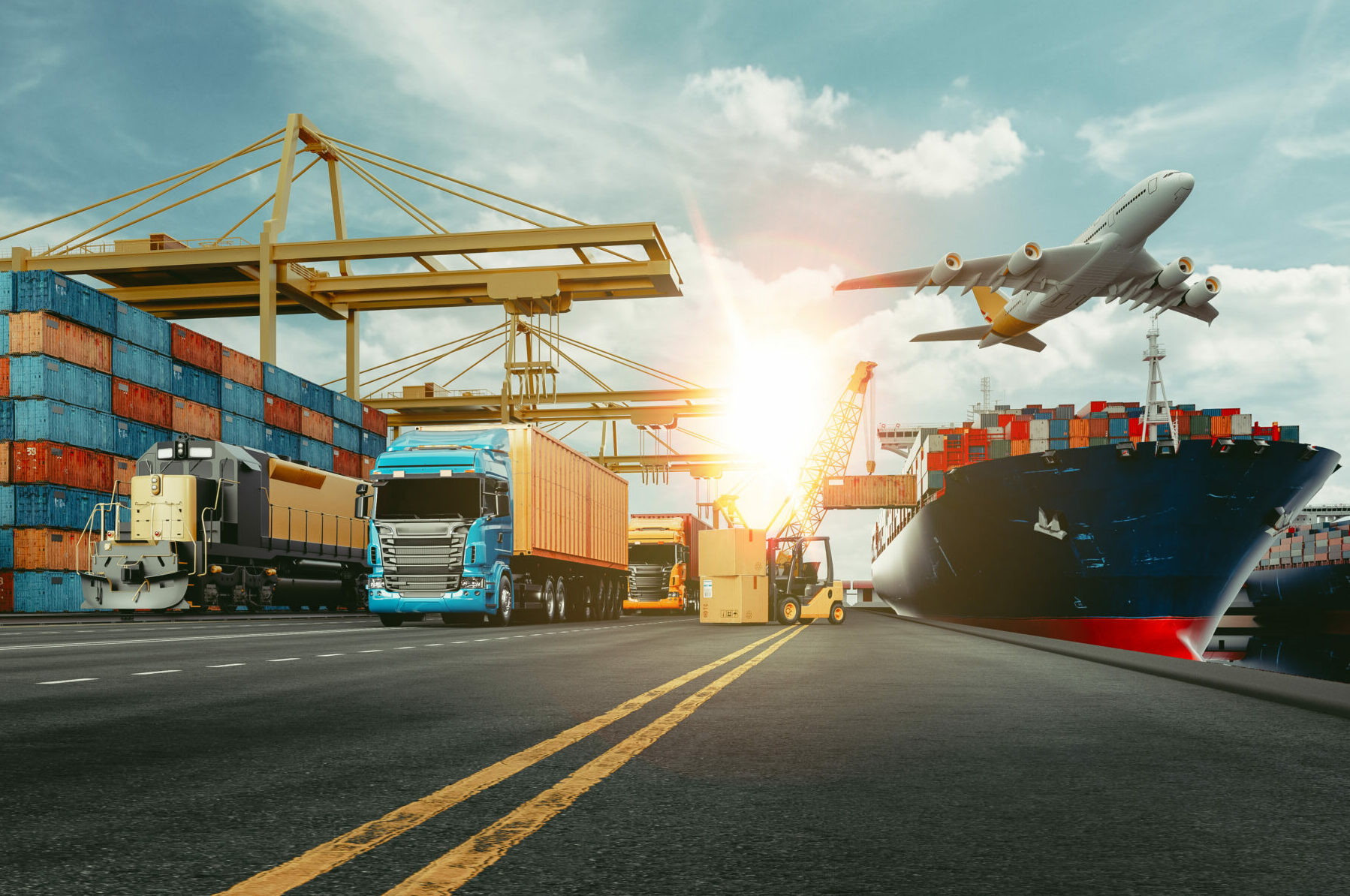The cargo forwarding industry handles billions of pounds worth of goods annually, with high-value cargo presenting unique risks and challenge…
Project Cargo Forwarder Insurance: Specialized Protection for Complex Logistics Operations
Project cargo forwarding represents one of the most challenging sectors in the logistics industry, involving the transportation of oversized, overweight, or high-value cargo that requires specialized handling, equipment, and expertise. From wind turbine components and industrial machinery to oil rig equipment and construction materials, project cargo forwarders face unique risks that standard freight forwarding insurance simply cannot adequately cover.
Understanding Project Cargo Forwarding
Project cargo forwarding differs significantly from conventional freight forwarding. While standard freight forwarding typically involves routine shipments using established routes and standard equipment, project cargo forwarding requires:
- Detailed route surveys and feasibility studies
- Specialized lifting and handling equipment
- Custom-designed transportation solutions
- Multi-modal transport coordination
- Extended project timelines spanning months or years
- High-value cargo often worth millions of pounds
- Complex regulatory compliance across multiple jurisdictions
These unique characteristics create exposure to risks that demand specialized insurance coverage tailored to the project cargo forwarding industry.
Key Risks Facing Project Cargo Forwarders
Cargo Damage and Loss
Project cargo is often irreplaceable or extremely expensive to reproduce. A single damaged wind turbine blade or precision-engineered component can result in claims worth hundreds of thousands of pounds. The specialized nature of this cargo means that even minor damage can render items unusable.
Transit Delays
Project cargo movements are typically time-critical, with delays potentially impacting entire construction projects or industrial installations. Weather delays, route restrictions, or equipment failures can trigger significant business interruption claims and penalty clauses.
Third-Party Liability
The oversized nature of project cargo creates heightened risks of damage to infrastructure, other vehicles, or property during transit. A heavy haul transport causing bridge damage or road surface destruction can result in substantial liability claims.
Professional Liability
Project cargo forwarders provide specialized expertise in route planning, permit acquisition, and logistics coordination. Errors in judgment, inadequate planning, or failure to secure proper permits can lead to professional negligence claims.
Equipment and Machinery Risks
Specialized lifting equipment, heavy haul trailers, and custom transportation solutions represent significant capital investments. Equipment breakdown or damage during operations can halt projects and generate substantial replacement costs.
Regulatory and Compliance Issues
Project cargo movements must comply with complex regulations across multiple jurisdictions. Non-compliance can result in fines, delays, and additional costs that standard insurance may not cover.
Essential Insurance Coverage for Project Cargo Forwarders
Cargo Insurance
Comprehensive cargo insurance should cover the full replacement value of project cargo, including:
- All-risks coverage for physical loss or damage
- Coverage during loading, transit, and discharge operations
- Protection for cargo in temporary storage
- Coverage for partial losses and general average contributions
- Sue and labor expenses for cargo preservation
Professional Indemnity Insurance
Professional indemnity coverage protects against claims arising from:
- Errors in route planning or feasibility studies
- Inadequate permit acquisition or regulatory compliance
- Failure to coordinate multi-modal transport effectively
- Breach of professional duty or negligent advice
- Economic losses resulting from professional errors
Public and Products Liability
Comprehensive liability coverage should include:
- Third-party property damage during transport operations
- Bodily injury claims involving project cargo movements
- Infrastructure damage caused by heavy haul operations
- Pollution liability for hazardous cargo
- Contractual liability assumed under forwarding agreements
Transit Insurance
Specialized transit coverage addresses:
- Delay in start-up coverage for time-critical projects
- Extra expenses incurred due to route deviations
- Emergency response and cargo recovery costs
- Customs duty and tax liabilities
- Forwarding charges and additional freight costs
Equipment Insurance
Protection for specialized equipment including:
- Heavy lift cranes and mobile cranes
- Heavy haul trailers and specialized transport equipment
- Lifting gear and rigging equipment
- Temporary works and construction equipment
- Hired-in plant and equipment coverage
Cyber Liability Insurance
Modern project cargo forwarding relies heavily on digital systems for:
- Route planning and optimization software
- Cargo tracking and monitoring systems
- Customer data and project documentation
- Financial transaction processing
- Communication with multiple stakeholders
Factors Affecting Project Cargo Forwarder Insurance Premiums
Cargo Types and Values
The nature and value of cargo being transported significantly impacts premiums. High-value, fragile, or hazardous cargo commands higher rates due to increased risk exposure.
Geographic Coverage
Operations in challenging environments, developing markets, or areas with inadequate infrastructure typically result in higher premiums due to increased risk factors.
Experience and Track Record
Established forwarders with strong safety records and proven expertise often benefit from more favorable premium rates and coverage terms.
Risk Management Practices
Comprehensive risk management programs, including:
- Detailed route surveys and risk assessments
- Proper equipment maintenance programs
- Staff training and certification requirements
- Emergency response procedures
- Quality management systems compliance
Project Complexity
More complex projects involving multiple transport modes, extended timelines, or challenging logistics requirements typically command higher premiums.
Claims History
Previous claims experience significantly impacts future premium calculations and coverage availability.
Choosing the Right Insurance Provider
Industry Expertise
Select insurers with demonstrated expertise in project cargo forwarding, understanding the unique risks and requirements of the industry.
Global Reach
Choose providers with international capabilities to support worldwide project cargo movements and provide consistent coverage across multiple jurisdictions.
Claims Handling Capability
Evaluate insurers' claims handling procedures, including:
- 24/7 emergency response capabilities
- International claims adjustment networks
- Specialized project cargo claims expertise
- Rapid claims settlement procedures
Financial Strength
Ensure your insurance provider has the financial capacity to handle large project cargo claims and maintain long-term stability.
Risk Management Support
Look for insurers offering value-added services such as:
- Risk assessment and survey services
- Loss prevention advice and training
- Emergency response support
- Regulatory compliance guidance
Best Practices for Project Cargo Forwarder Insurance
Comprehensive Risk Assessment
Conduct thorough risk assessments for each project, identifying potential exposures and ensuring adequate coverage limits.
Regular Policy Reviews
Review insurance coverage regularly to ensure it remains adequate for evolving business operations and changing risk profiles.
Documentation and Record Keeping
Maintain detailed records of all project activities, including route surveys, equipment inspections, and safety procedures.
Staff Training and Development
Invest in ongoing staff training to maintain high professional standards and reduce the likelihood of errors or omissions.
Emergency Response Planning
Develop comprehensive emergency response procedures for various scenarios, including cargo damage, equipment failure, and route disruptions.
Regulatory Compliance
Stay current with regulatory requirements across all operating jurisdictions and ensure full compliance with applicable laws and regulations.
The Claims Process
Immediate Response
In the event of an incident:
- Ensure safety of personnel and secure the accident scene
- Notify insurers immediately, preferably within 24 hours
- Document the incident thoroughly with photographs and witness statements
- Preserve evidence and avoid admitting liability
Claims Documentation
Provide comprehensive documentation including:
- Detailed incident reports and witness statements
- Photographic evidence of damage or loss
- Cargo manifests and shipping documentation
- Route surveys and transport plans
- Equipment inspection records
- Regulatory permits and compliance documentation
Expert Assessment
Insurers typically appoint specialized surveyors and adjusters with project cargo expertise to assess claims and determine appropriate settlements.
Settlement Process
Work closely with insurers and their representatives to facilitate prompt claim settlement while ensuring all contractual obligations are met.
Future Trends in Project Cargo Forwarder Insurance
Technology Integration
Increasing use of IoT sensors, GPS tracking, and real-time monitoring systems is providing better risk management capabilities and potentially reducing insurance costs.
Environmental Considerations
Growing focus on environmental protection is driving demand for enhanced pollution liability coverage and sustainable transport solutions.
Regulatory Evolution
Evolving international regulations regarding oversized transport and environmental protection continue to impact insurance requirements and coverage terms.
Market Consolidation
Consolidation in both the project cargo forwarding industry and insurance market is affecting coverage availability and pricing structures.
Conclusion
Project cargo forwarder insurance represents a highly specialized area requiring expert knowledge and tailored coverage solutions. The unique risks associated with transporting oversized, overweight, and high-value cargo demand comprehensive insurance protection that goes far beyond standard freight forwarding coverage.
Success in securing appropriate insurance coverage requires careful assessment of risk exposures, selection of experienced insurance providers, and implementation of robust risk management practices. By understanding the complexities of project cargo forwarding insurance and working with knowledgeable insurance professionals, forwarders can protect their operations while supporting the successful completion of critical infrastructure and industrial projects worldwide.
The investment in comprehensive project cargo forwarder insurance is not merely a regulatory requirement or contractual obligation – it represents a fundamental business protection strategy that enables forwarders to operate with confidence in one of the most challenging sectors of the logistics industry.


 0330 127 2333
0330 127 2333

